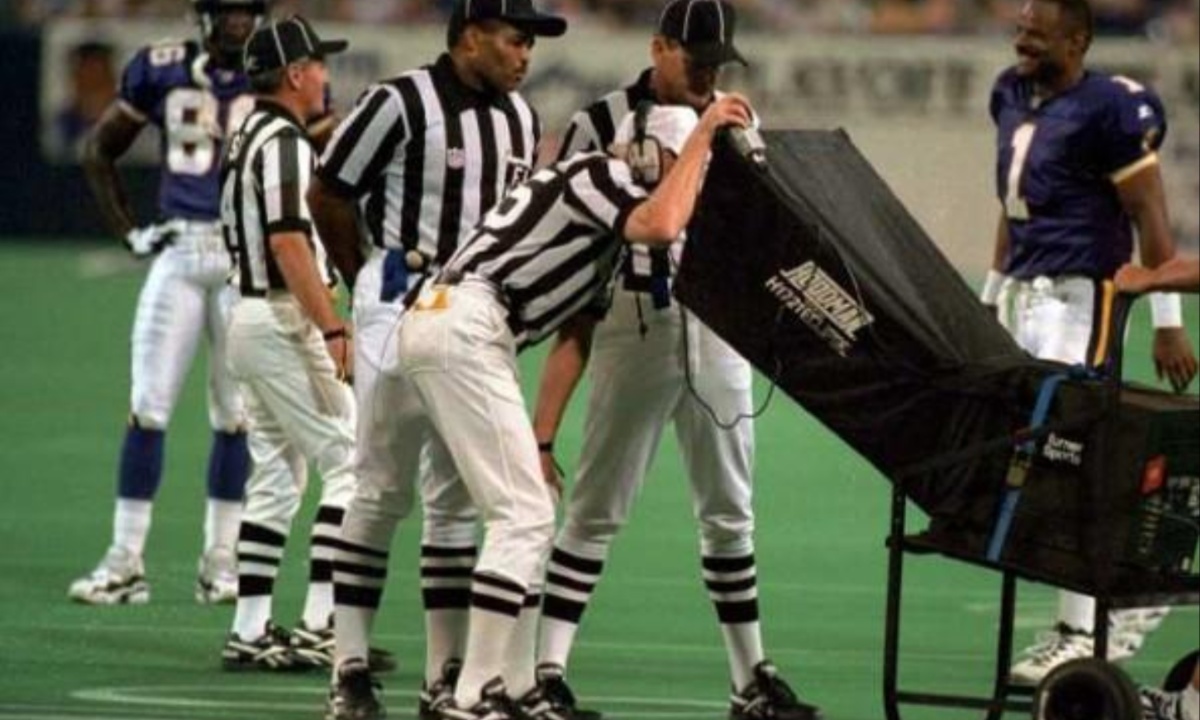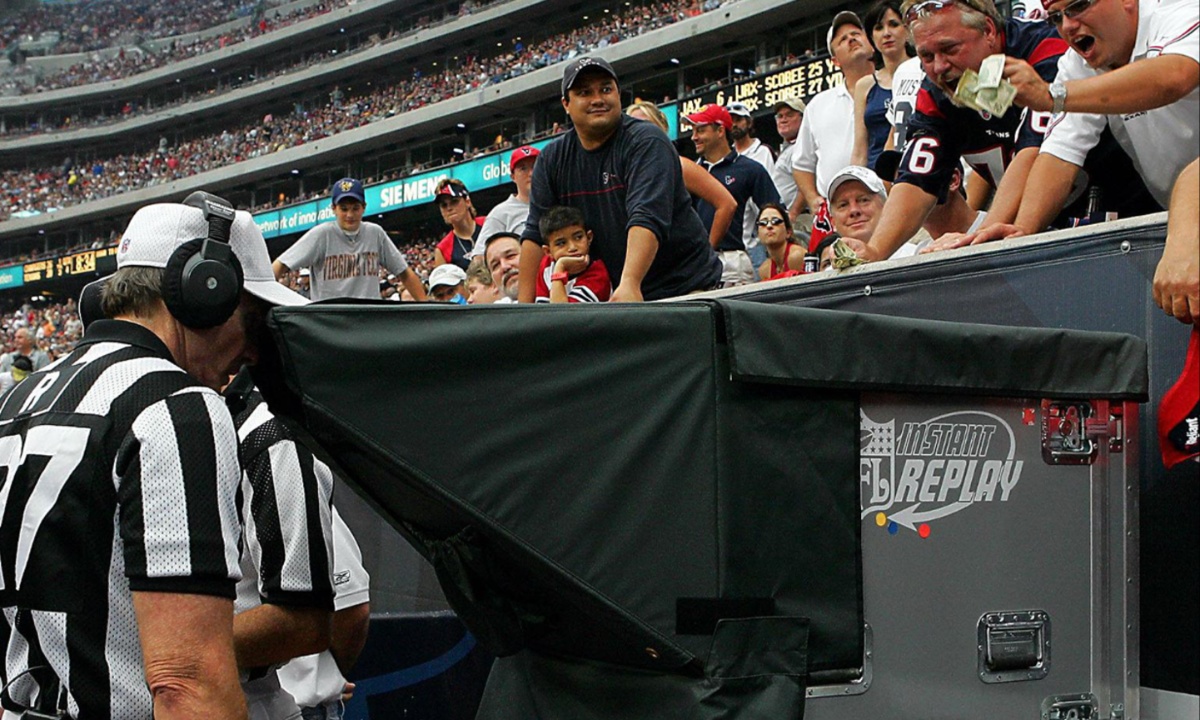Instant replay is a widely utilized system in sports, designed to help referees review video footage to ensure accurate calls. While it benefits from modern technology, it is not without its criticisms and controversies. The primary objections revolve around its impact on game dynamics, the limitations of reviewable actions, and the broader implications for fairness in crucial moments. This summary explores the common critiques and potential improvements to the instant replay system, particularly focusing on its use in football.
One major criticism of instant replay is its tendency to extend game length and disrupt the natural flow of play. Lengthy reviews, especially for plays that appear straightforward to spectators, can frustrate fans and players alike. This interruption becomes even more aggravating in tightly contested games where momentum plays a critical role. While accuracy in officiating is crucial, the extended pauses often diminish the entertainment value of the game, making the balance between precision and pace a contentious issue.

Another significant concern is the limited scope of reviewable actions. The 2018 NFC Championship Game serves as a prime example, where a missed pass interference call had a decisive impact on the outcome. Since penalties are not reviewable under the current NFL rules, officials could not correct the error, resulting in a controversial finish. This limitation highlights a fundamental tension in instant replay: expanding its scope could address such critical errors but risks further lengthening games and introducing more stoppages.
To address these challenges, some propose targeted solutions, like reviewing all calls in the final two minutes of games, as suggested by Indianapolis Colts owner Jim Irsay. This approach aims to balance accuracy with efficiency by restricting reviews to the most consequential moments. However, past efforts to expand reviewable plays, such as the short-lived rule allowing pass interference reviews after the 2018 incident, were ultimately abandoned due to inconsistent implementation by officials. This underscores the difficulty of finding a universally satisfactory approach to instant replay.
Looking to other sports for inspiration could help refine the NFL’s instant replay system. FIFA’s semi-automated offside technology, used in the 2022 World Cup, offers a model of integrating advanced tracking and sensor technologies for precision. These systems ensured accurate offside and goal-line calls without excessive delays. Adopting similar innovations in football, such as sensors to track the ball during obscure plays, could enhance decision-making without disrupting the game. Such technological advancements demonstrate the potential for improving officiating accuracy while preserving the sport’s flow.
